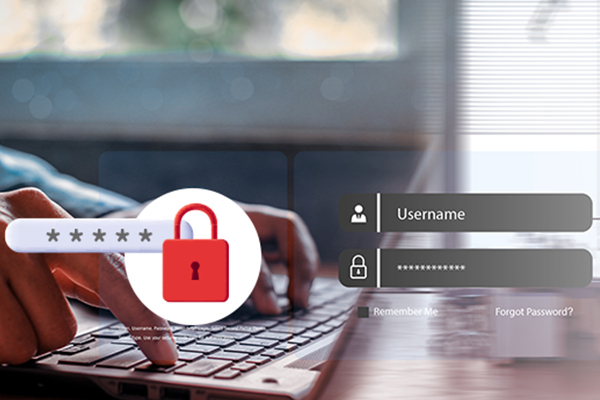Why Is It Important to Check for Compromised Passwords?
It can be difficult to come up with secure passwords for all of your internet accounts. We want to do more with our memory than merely storing information. However, leaked passwords can result in risky circumstances like data breaches. Learn here about check if password is leaked online
Weak passwords are used in almost 80% of data breaches to steal information or money. Although corporations are the primary victims of these breaches, individuals just like you are eventually affected as well. Computer security is becoming more and more important as our society grows more reliant on technology.
How to Look Whether Passwords Are Compromised
There are four ways you can go about finding compromised passwords:
- Using the tools in your browser or operating system (Android and iOS)
- The Clean Email Privacy Monitor using the “Have I Been Pwned” service
- Making use of password management applications
If you use a Mac, launch Safari and select Preferences to view compromised passwords. To unlock passwords or utilise Touch ID, click the Passwords tab and input your user password. Passwords that have been compromised will have a caution icon next to them. Observe the security guidelines for every website that has a weak password or has been compromised.

By clicking the three dots in the top-right corner and choosing Settings, Autofill and Passwords, and Google Password Manager, you may search for compromised passwords on Android and Google Chrome. Go to Settings on Android OS, type in Password, and use Google to check for Autofill services. To find out if your email is involved in any data breaches, Clean Email provides a security check option.
How to Reset Authentic Passwords
Configure two-factor verification (2FA): You need two different sources to log in when you use two-factor authentication. For instance, you may require a text message code in addition to your password. To create random codes for authentication, you may also use authentication tools like Google Authenticator.
Steer clear of risky passwords: What people know you for has nothing to do with the finest passcodes. A common mistake made by internet users is to use anything publicly known as their password, such as their dog’s name or birthday. Steer clear of this and make sure
Make use of a password organiser: You can automatically create a secure password with password managers. In this manner, you may set up your password manager behind 2FA, offering superior protection, and you won’t have to remember it.
Recognise your online presence: Everything you do online is reflected in your digital footprint. By keeping track of this, you’ll be able to identify the source of data leaks and correct that activity.
Don’t use the same password twice: Avoid using the same password on more than one website. This implies that users will be able to successfully log in to several websites using your login information. A hacker has access to many of your accounts if they know one of your login credentials.

